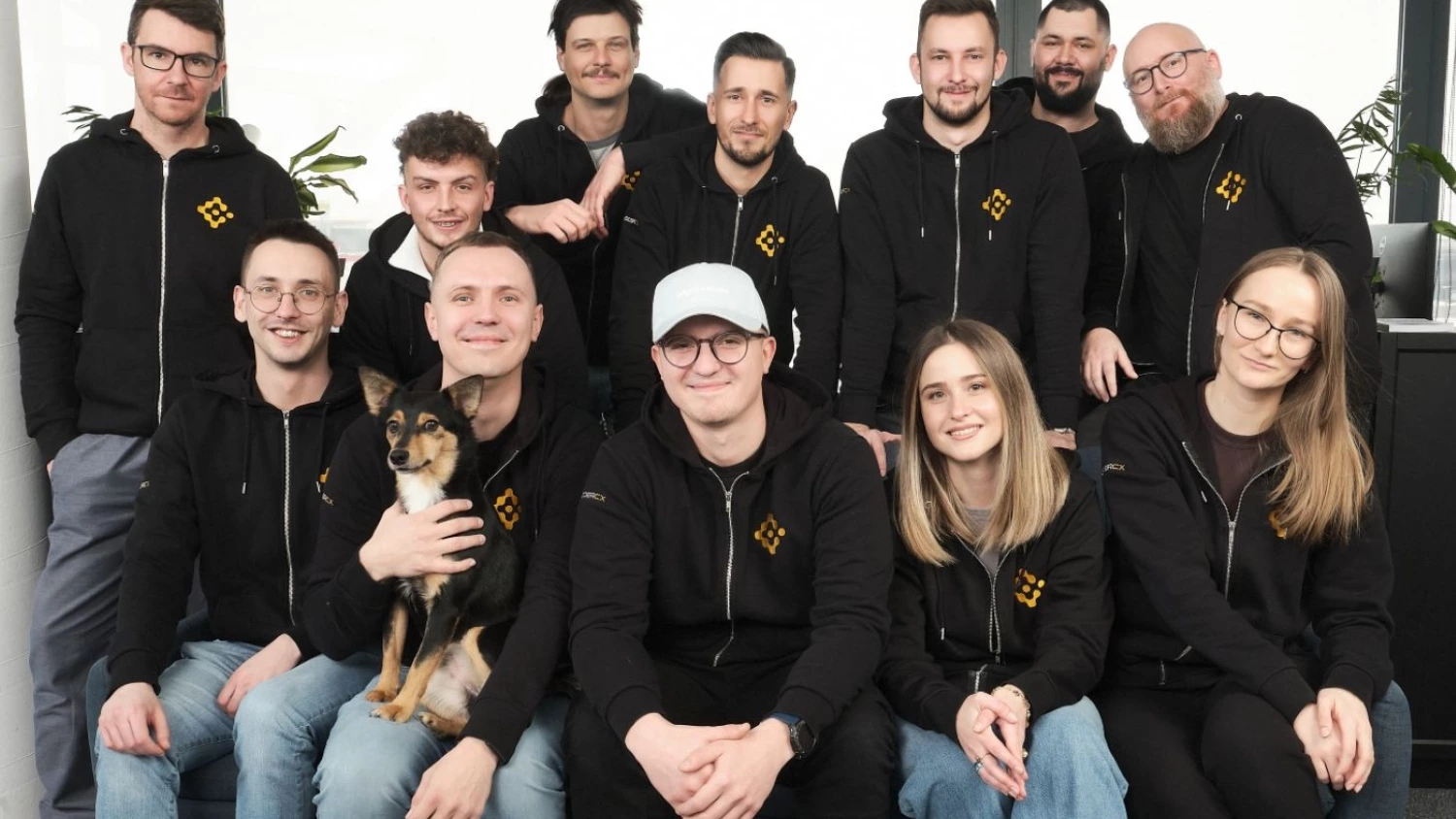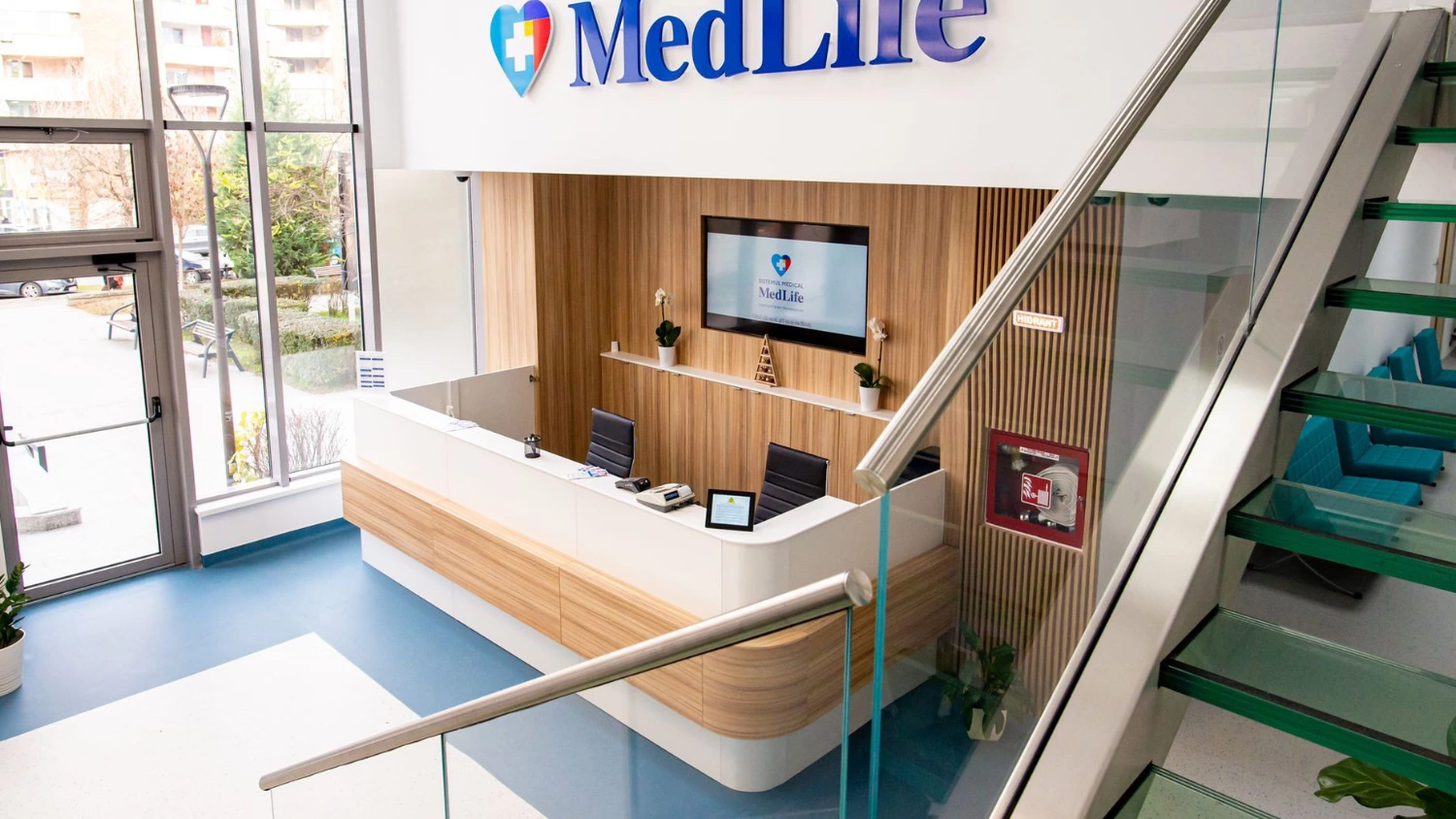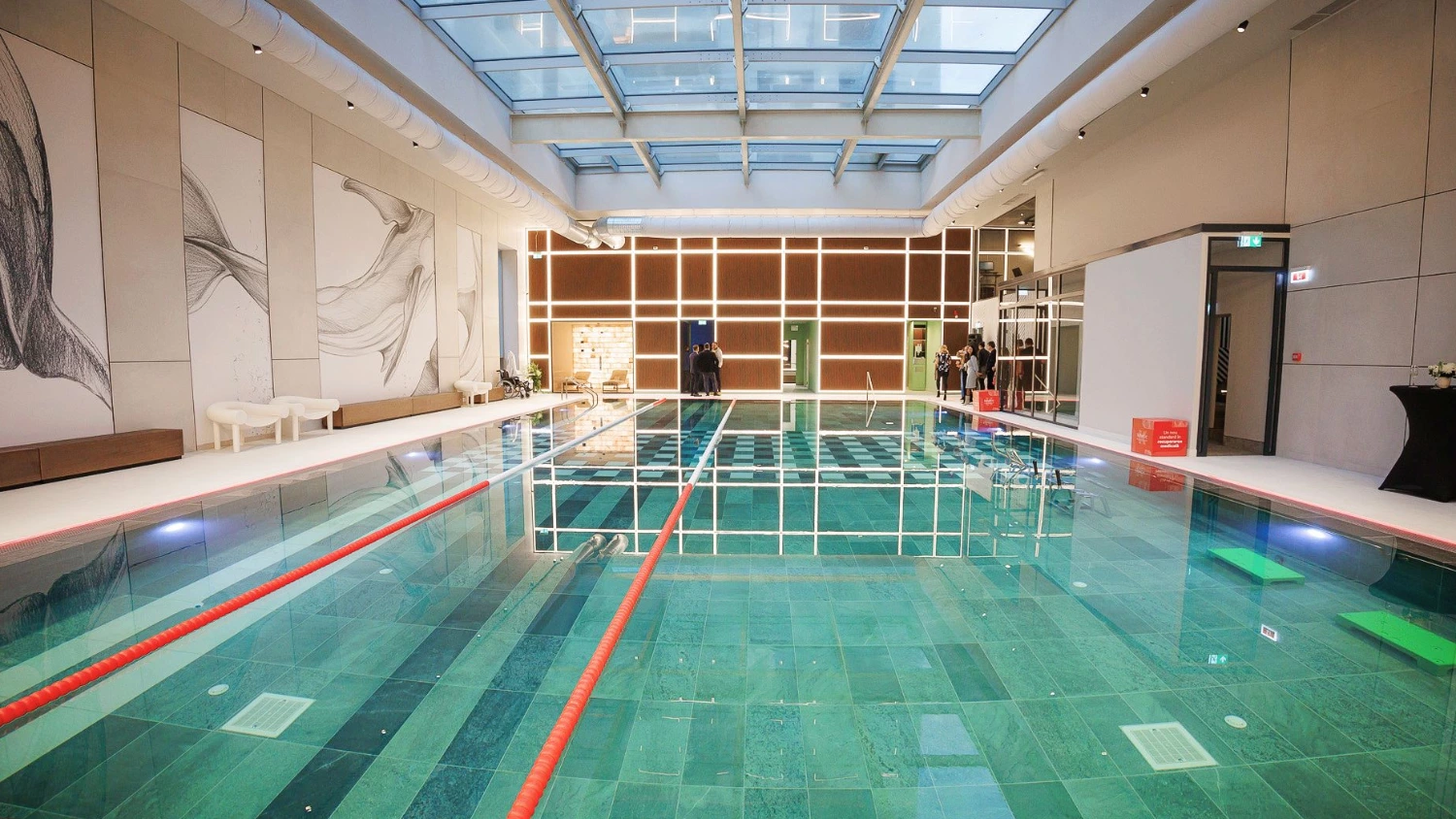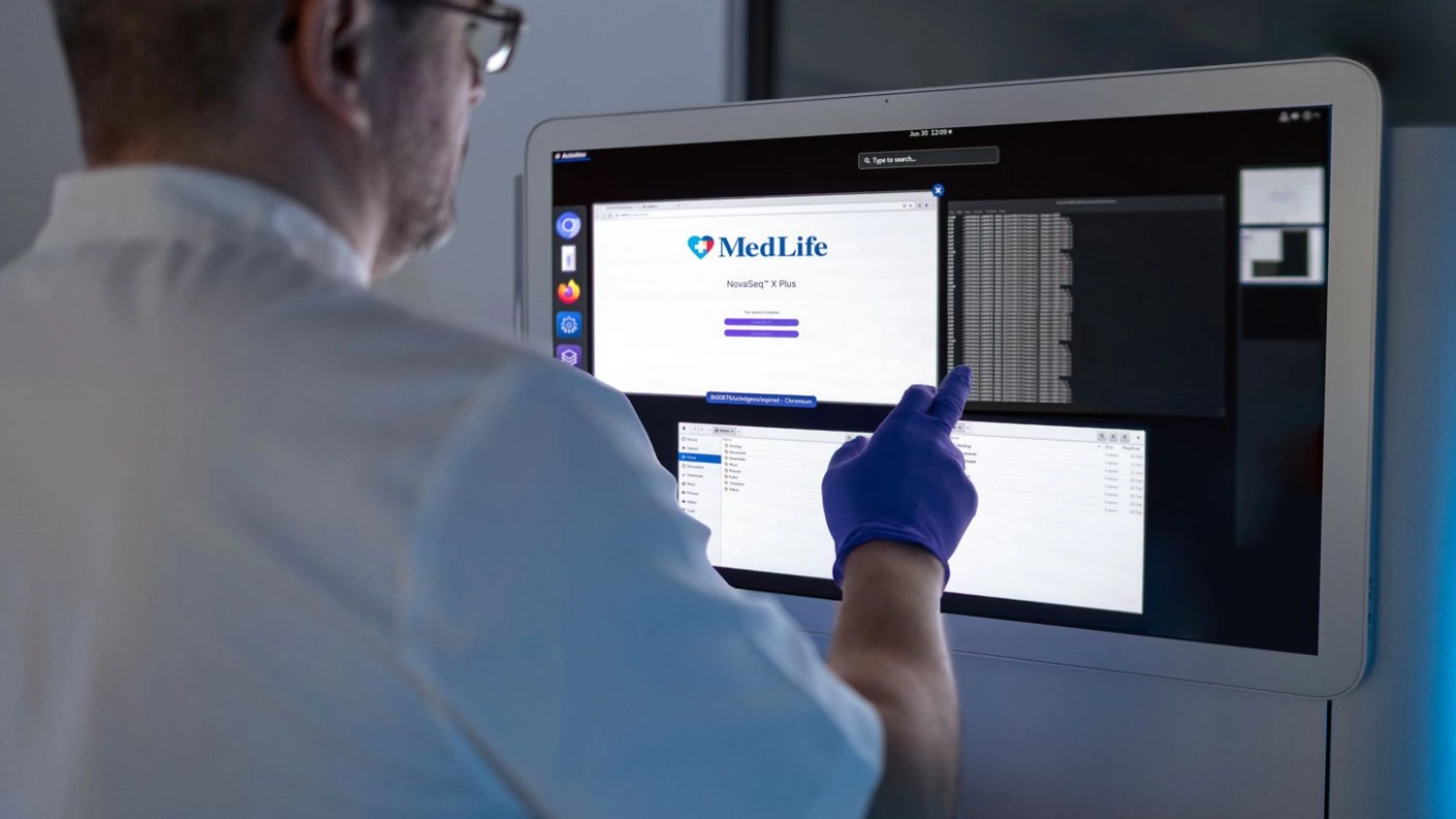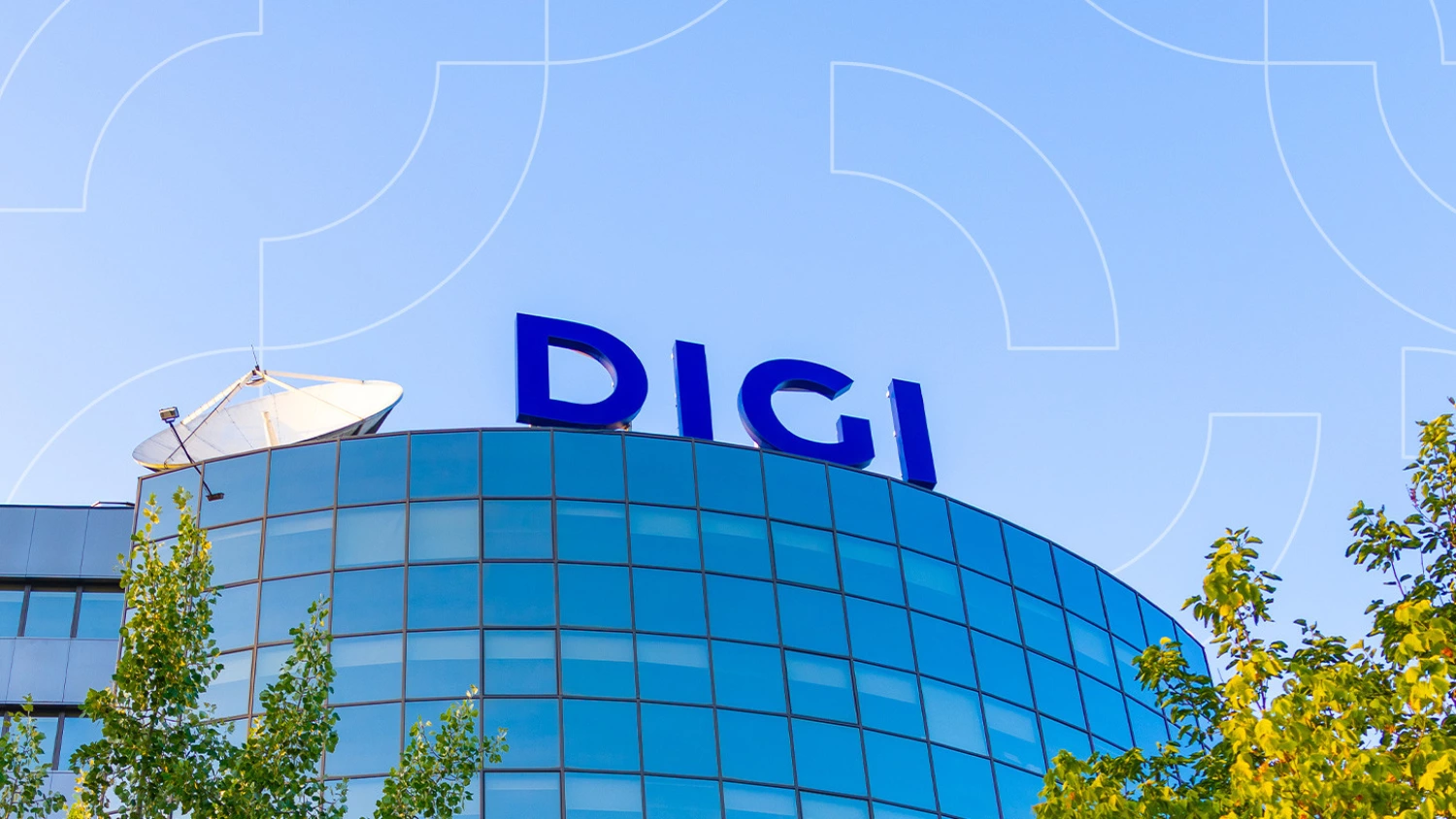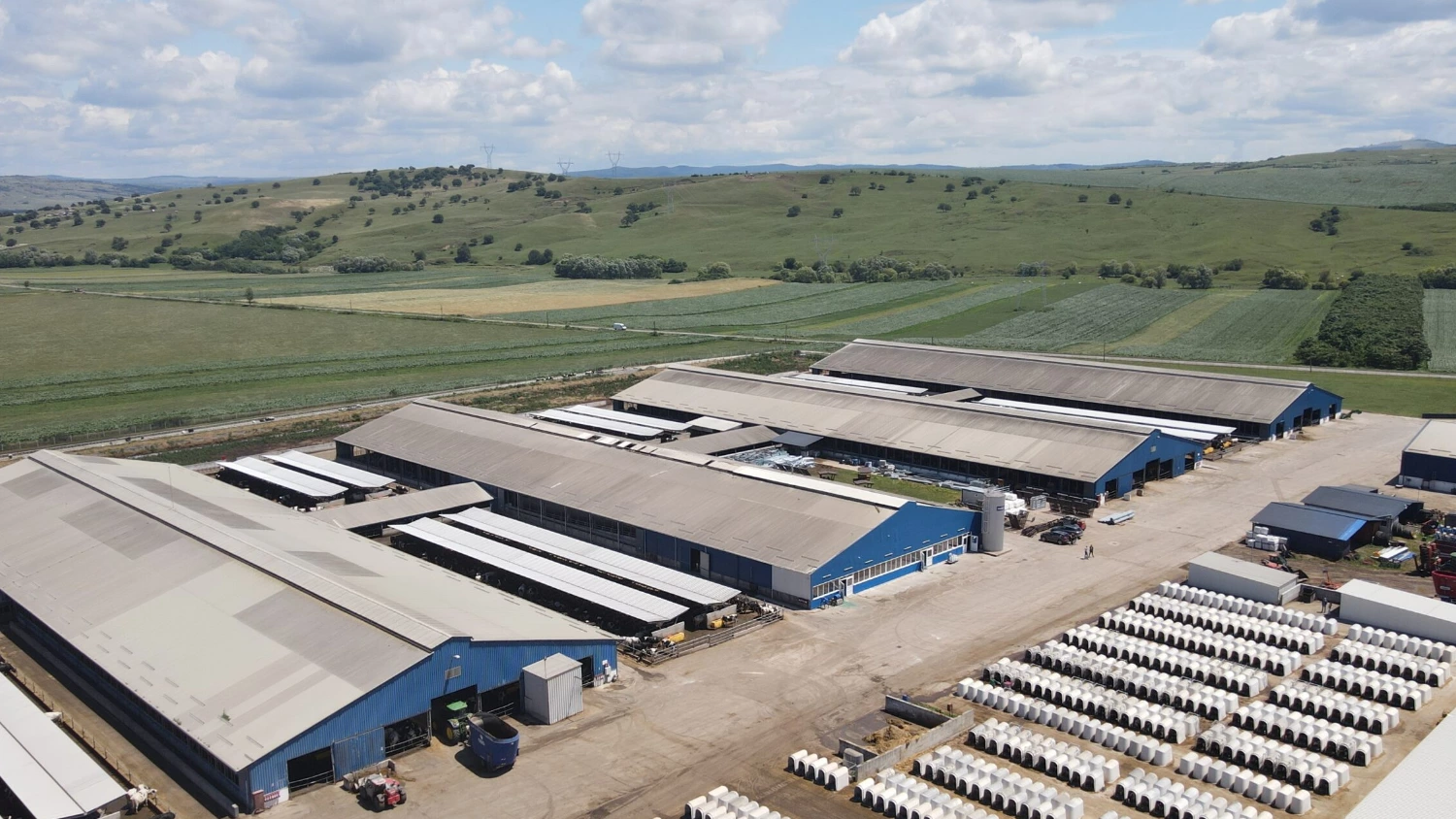The analysis reviewed 613 publicly available Health Technology Assessment (HTA) reports from 2015-2024, published on the ANMDM website. Although the evaluation timeline from dossier submission to HTA decision has significantly improved from an average of 208 days in 2020 to approximately 100 days in 2024, patients' effective access to innovative treatments remains delayed.
The average duration of the administrative reimbursement process, from the HTA decision to medicines becoming available, doubled during the same period, reaching 461 days in 2024.
Nona Chiriac, Public Health Expert and Value, Access, and Public Affairs Director at Novartis Romania, stated: "Ensuring timely access to innovative medicines for eligible patients is a fundamental goal of modern healthcare systems. While delays in reimbursement are not unique to Romania, our country remains among those with the longest gaps between EMA approval and actual patient access, despite some isolated legislative adjustments. It is essential that decision-makers implement substantial reforms to the legal framework for conditional reimbursement and funding mechanisms, following consultations with experts and all key stakeholders, including patients, to create a more sustainable, predictable, and equitable reimbursement system that truly meets the needs of Romanian patients".
The study found that conditionally approved indications required, on average, 274 more days to reach reimbursement compared to those approved unconditionally.
The number of new medicines and indications that received a positive HTA evaluation but for which the full reimbursement process had not yet been finalised more than tripled, rising from 47 in 2022 to 146 in 2024.
Approximately 40% of all indications analysed were in the field of oncology, highlighting the disproportionate impact on critical therapeutic areas.
Although Romania has a universal healthcare system, it remains chronically underfunded, with some of the lowest per capita healthcare expenditures in the EU: only €1,663 in 2021, compared to the European average of €4,030.
The system is heavily oriented towards hospital care, which accounts for 44% of total health expenditures, the highest share in the EU while only 45% of pharmaceutical costs are covered by public funds, compared to 59% across the EU.


